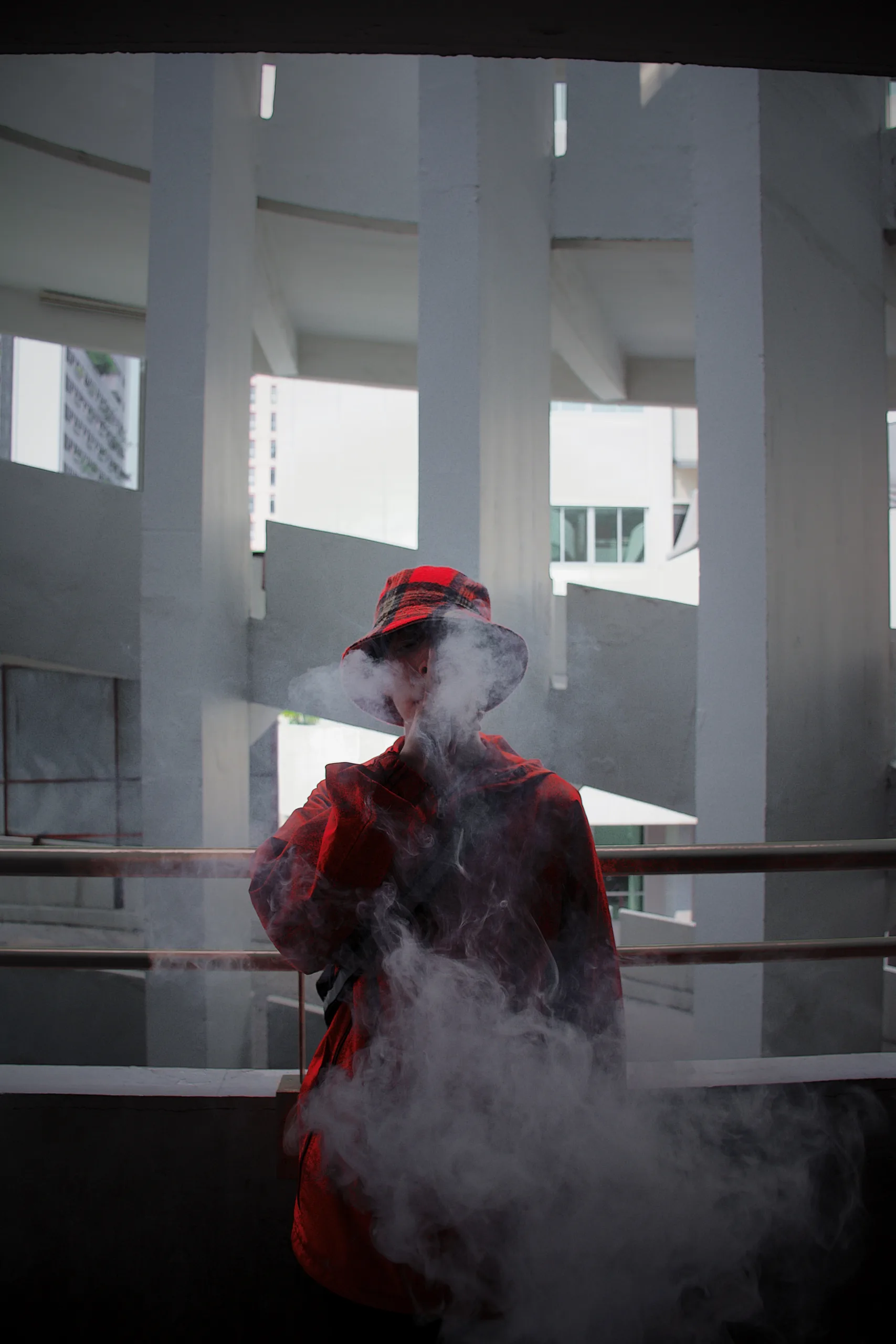According to a survey, young people believe vapes are safe since they are so simple to purchase.

According to a recent study, nearly three-quarters of parents believe their child is vaping, and over one-third of young adults use e-cigarettes.
Public health specialists say that because vapes are readily available to young people, there is a belief among them that the items are safe.
The most recent information from the Cancer Council’s continuing nationwide Generation Vape survey, which monitors teens’ attitudes, knowledge, and vaping habits, was released on Wednesday. 6,500 young adults between the ages of 18 and 24 and 1,700 youngsters between the ages of 14 and 17 participated in the most recent poll.
It was shown that 36% of young adults used e-cigarettes, and 73% of those who had previously vaped were aware that the devices contained nicotine.
Companies are circumventing laws by branding e-cigarettes as “nicotine-free” even if they contain nicotine. It is against the law to purchase and sell e-cigarettes or any e-liquid that contains nicotine without a doctor’s prescription or to sell those items to minors.
2,500 parents were also questioned for the study, and nearly three-quarters (72%) of them suspected their child was using a disposable vaporizer. Eighty-two percent of parents stated that keeping their kids from vaping was a top concern. Among the 1,300 educators in New South Wales, three quarters (76%) stated that dealing with vaping was a top concern.
The study’s co-author and chair of the Cancer Council’s tobacco concerns committee, Alecia Brooks, stated that the product’s ease of accessibility is the main factor influencing the usage of vaping.
Young people are given the impression that items are generally safe if they are simple to obtain; otherwise, the government would be taking them off the market.
The study also discovered that one in three youngsters who had never used an e-cigarette were interested in vaping.
Around Australia, more and more shops are emerging with bright, frequently foreign lollipop brands on display in their displays. Schools are located across the street from some establishments.
Only licenced chemists are allowed to import and sell vape products—which include nicotine and non-nicotine—to clients who have a doctor’s prescription. This prohibition was announced by health minister Mark Butler in May.
Vape shops will have to close as a result of the regulations, and other businesses will have to stop carrying any vape goods. There’s no specific commencement date as of yet.
Among the young adults who vaped, one-third reported doing so because they were “anxious or stressed.”
According to Brooks, an increasing number of young individuals are vaping for this purpose, but they were probably unaware that the addiction to nicotine was probably a factor in those feelings.
The George Institute for Global Health’s Prof. Simone Pettigrew stated that “access is a major issue” based on the statistics.
It goes without saying that the federal and state governments are now strictly enforcing that, but it nevertheless emphasises how important being cautious is. Although we didn’t immediately try to monitor where individuals were getting these [vapes] from and shut down those establishments, it was first thought to be a potential concern.
According to Pettigrew, people experimenting with addictive substances for the first time did not acquire stronger nicotine addictions than youngsters whose brains were still developing.
We have a situation on our hands now, with a large number of young people who require very focused help to wean themselves off of these things.
If you find yourself struggling with any of the problems outlined in this article, please contact us, and our team will do our best to help.
If you find yourself struggling with any of the problems outlined in this article, please contact us, and our team will do our best to help.


